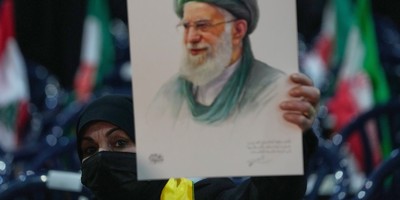President Obama voiced his support for an anti-gun treaty with such wide ranging implications that it could ban everything from assembling guns in kits to repackaging spent shells.
The treaty was signed by former President Clinton, but never approved by Congress. It has gained approval in 29 other countries. Obama put his weight behind it during his whirlwind tour abroad late last month.
Yesterday’s passage of legislation that revoked the longstanding ban on guns in national parks proved that this treaty would probably fall by the wayside once more, said Larry Pratt, President of Gun Owners of America. But the fact that Obama voiced his support for it speaks volumes about the President’s view of the Second Amendment, after his famous claim to not “take away guns” from law-abiding Americans.
The treaty would “pretty clearly would require, without a whole lot of extrapolation, a regulation of all firearms in the United States,” said Pratt.
Called the “Inter-American Convention Against the Illicit Manufacturing of and Trafficking in Firearms, Ammunition, Explosives and Other Related Materials,” the legislation’s bans are multitudinous:
The manufacture or assembly of firearms, ammunition, explosives, and other related materials: a. from components or parts illicitly trafficked; or b. without a license from a competent governmental authority of the State Party where the manufacture or assembly takes place: or c. without marking the firearms that require marking at the time of manufacture.
Recommended
These sweeping regulations could affect everything from BB guns to toy guns, and could even prevent the individual re-loading of guns by the owners themselves. It could potentially require matching insignia on bullets and shells, meaning that re-use of cases would be illegal – a practice that is more common during a recession.
The regulations could also affect gun clubs, by banning “association or conspiracy” with illegal gun activities. So if an NRA member commits an offense, clubs or advocacy groups could be liable.
The treaty could even call for action against the dealer who sold an offender a weapon. If Mexico calls for the extradition of a gun dealers, the U.S. would be obligated to resolve it by “other means of peaceful settlement” that are yet undefined.
In addition to a Presidential signature, sixty-eight out of 100 Senate members are needed in order for an international treaty to be approved in the United States. But the move to overturn the National Parks gun ban gained 67 signatures, meaning passing further gun restrictions is unlikely, said Provost.
“You have [Senators] who you’re just really surprised are voting pro-gun,” he said.

























Join the conversation as a VIP Member